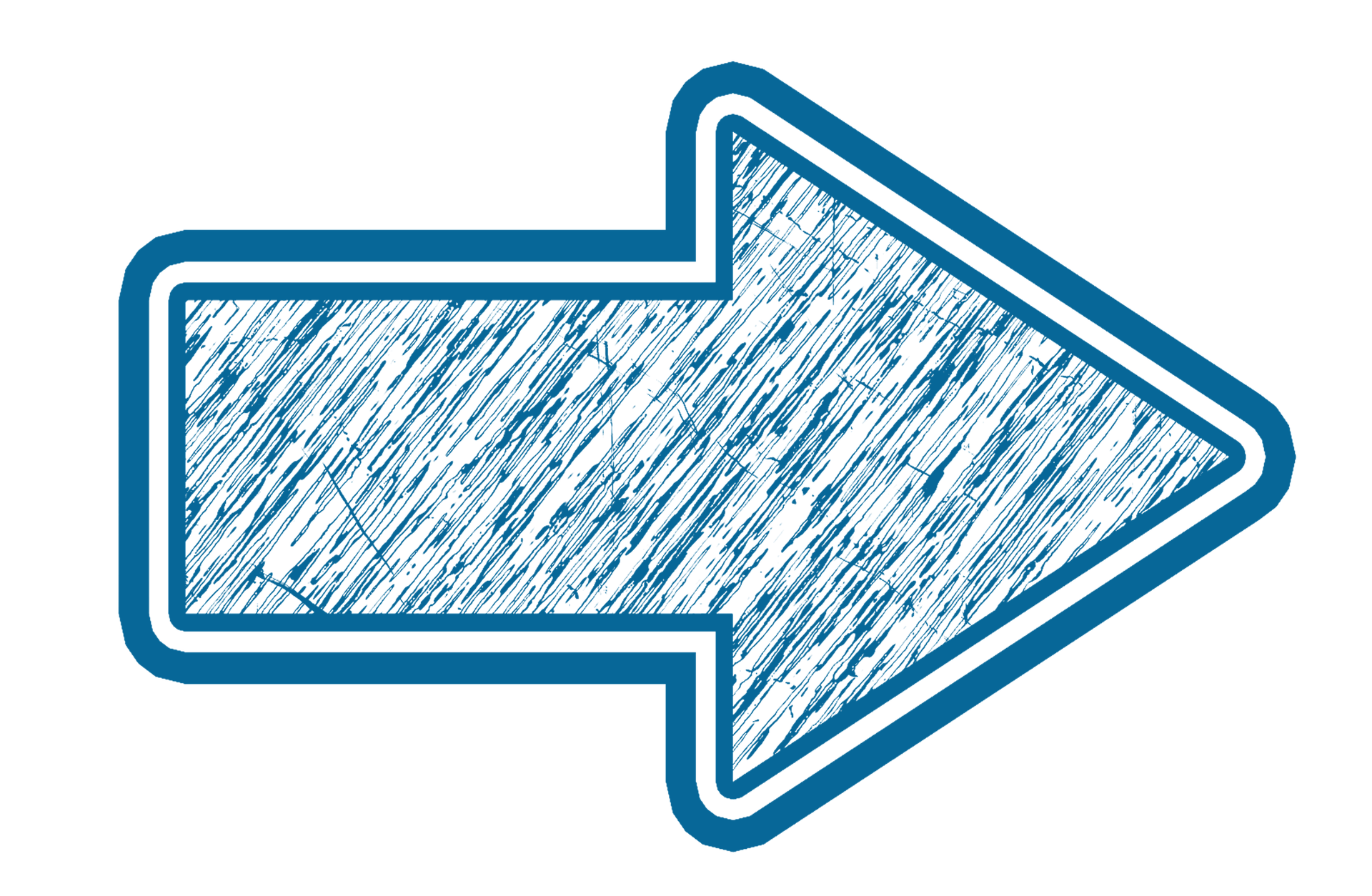When I was 4, I remember my mom had gone to the grocery store, and my dad was home with my twin sister and I. I was hanging around under his feet “helping” him make grilled cheese sandwiches while my sister played upstairs. Somehow the sandwiches were forgotten in the oven and were scorched black. The smoke detector started screaming, and my sister came scrambling down the stairs, running to the door in her Barbie high heels and an 80’s prom dress she was playing dress up in. She was at the next door neighbor’s house at “home base” within ten seconds. In the event of a fire, having a plan can be the difference in life and death. Many people would prefer to not think about the “what if’s, but having an emergency safety plan is extremely important.
Fire Drills
It may sound silly, but having fire drills in your home on a routine basis can help give your family an idea of what to do in an emergency. If there are younger children or animals in the home, designate a parent or older sibling to secure the littles and get them out safely. Staying low to the ground will be important, as smoke rises. Use your elbow or the back of your hand to feel a doorknob before you open a door. If the knob is hot, you can bet fire is on the other side of the door.
Use the smoke detector’s test button to sound the alarm, and go through the motions of what you would do if there really were a fire. This will give you an idea of areas you need to improve on, and how long it really takes to get out of the house.
Home Base
Designate a safe home base outside the home, for my house, it is the next door neighbor’s home. In the event of an emergency, growing up, my sister and I knew to head straight to “home base” as fast as we could if our parents weren’t around.
Fire safety in the Home
When interviewing firefighters, I have come to find the two most common issues during a fire are hazards inside the home, and the house not being clearly marked. I am a mom and know how easy it is for my house to be overrun with laundry, toys on the floor, and just general clutter. But a messy floor can actually be a fire hazard if it could be difficult to exit the home quickly, or if there are piles of possible fuel sources for fire, like piles of clothes. A neat home is a safe home!
The outside of the home should be clearly marked with a house number. This cuts down on any confusion the fire department may face if there are questions on which house needs help.
Fire Box
People often don’t think about a firebox until they are wishing they had used one. Marriage licenses, will and testaments, birth certificates and passports are all replaceable, but in the worst case scenario having a fireproof box for important documents for safekeeping will save a headache when these documents need to be replaced!
Fire Safety Check List
- Fire and Carbon Monoxide detectors are on every level of the home, and the batteries are checked every 6 months
- List of emergency contacts, insurance company, and emergency services numbers are posted on the fridge or somewhere where all family members can see them
- Fire drill performed every 6 months
- Establish a home base
- Designate a responsible family member to get young children or pets out of the home safely
- A fire extinguisher is in the kitchen or near the breaker box and kept in good condition
- Never store flammable chemicals near the water heater or furnace, and do not store chemicals like bleach with ammonia, drain cleaners, or other acids. This can cause a fire!
The most important part of preventing a disaster in the home is communication. It’s hard to talk about a fire, gas leak or other emergency situation with your family, but it is better to be prepared, answer any questions your children have, and make a plan on what to do in an emergency.
 You can create your own home fire escape plan with this download from the National Fire Prevention Association.
You can create your own home fire escape plan with this download from the National Fire Prevention Association.


